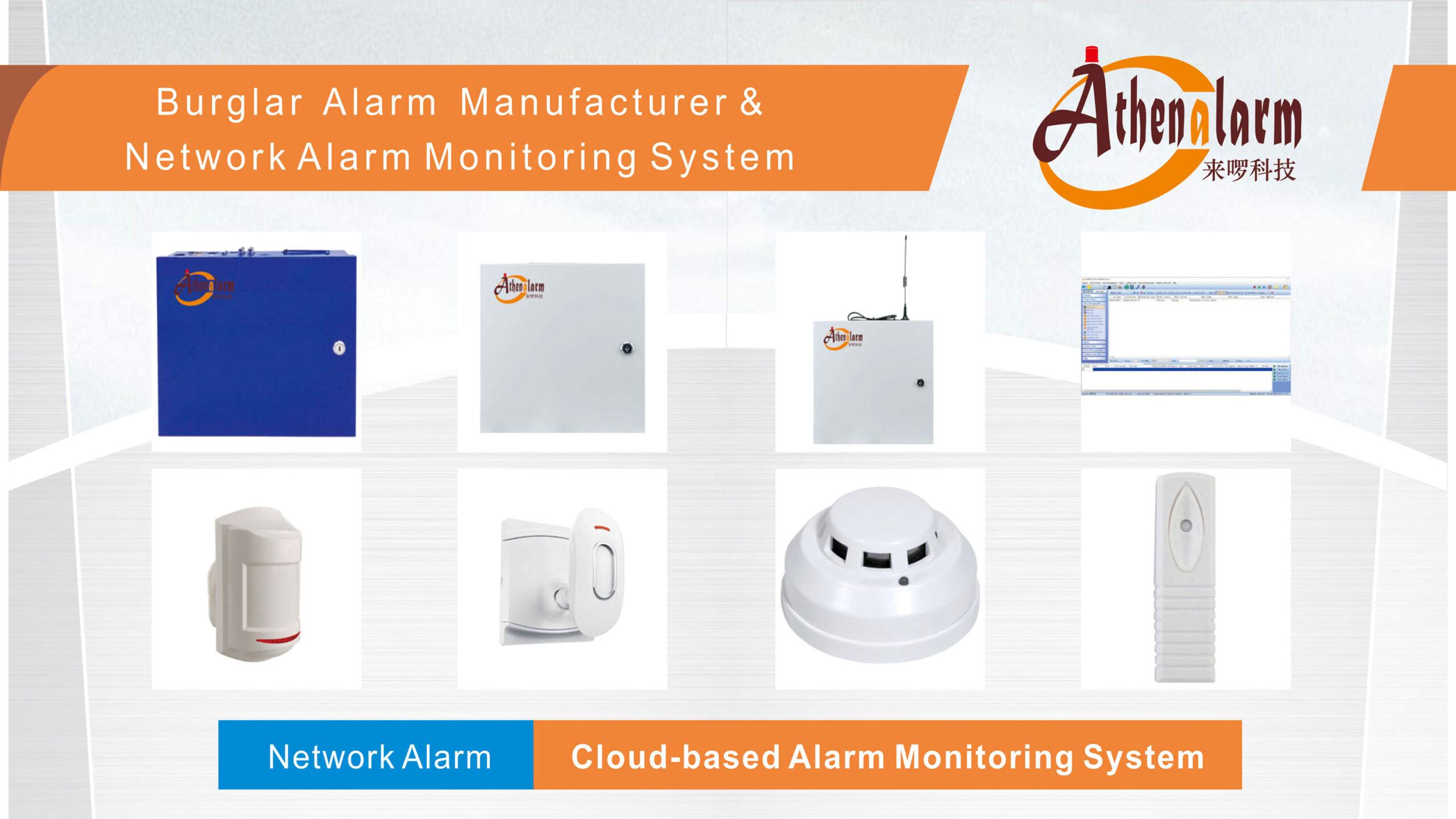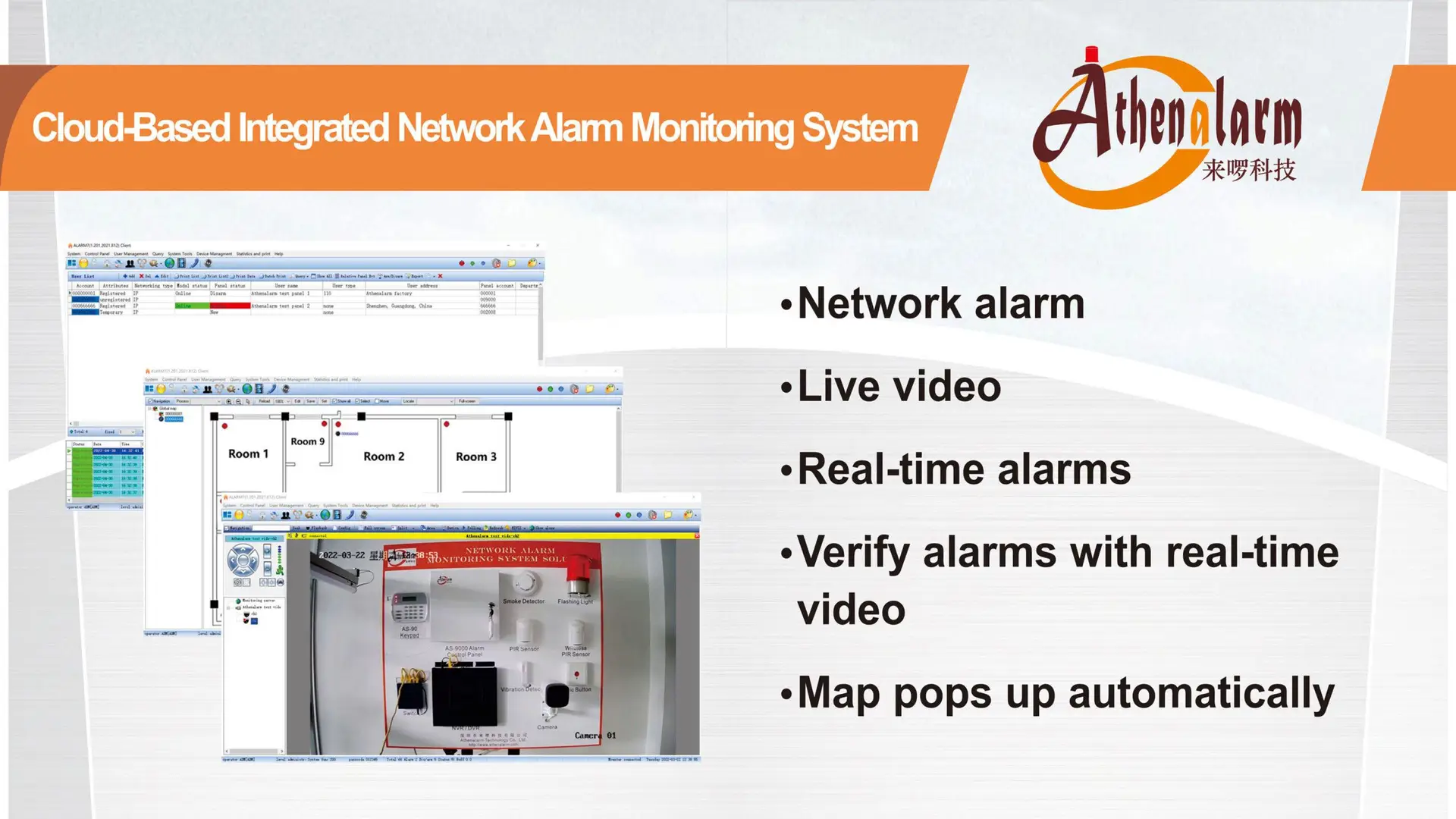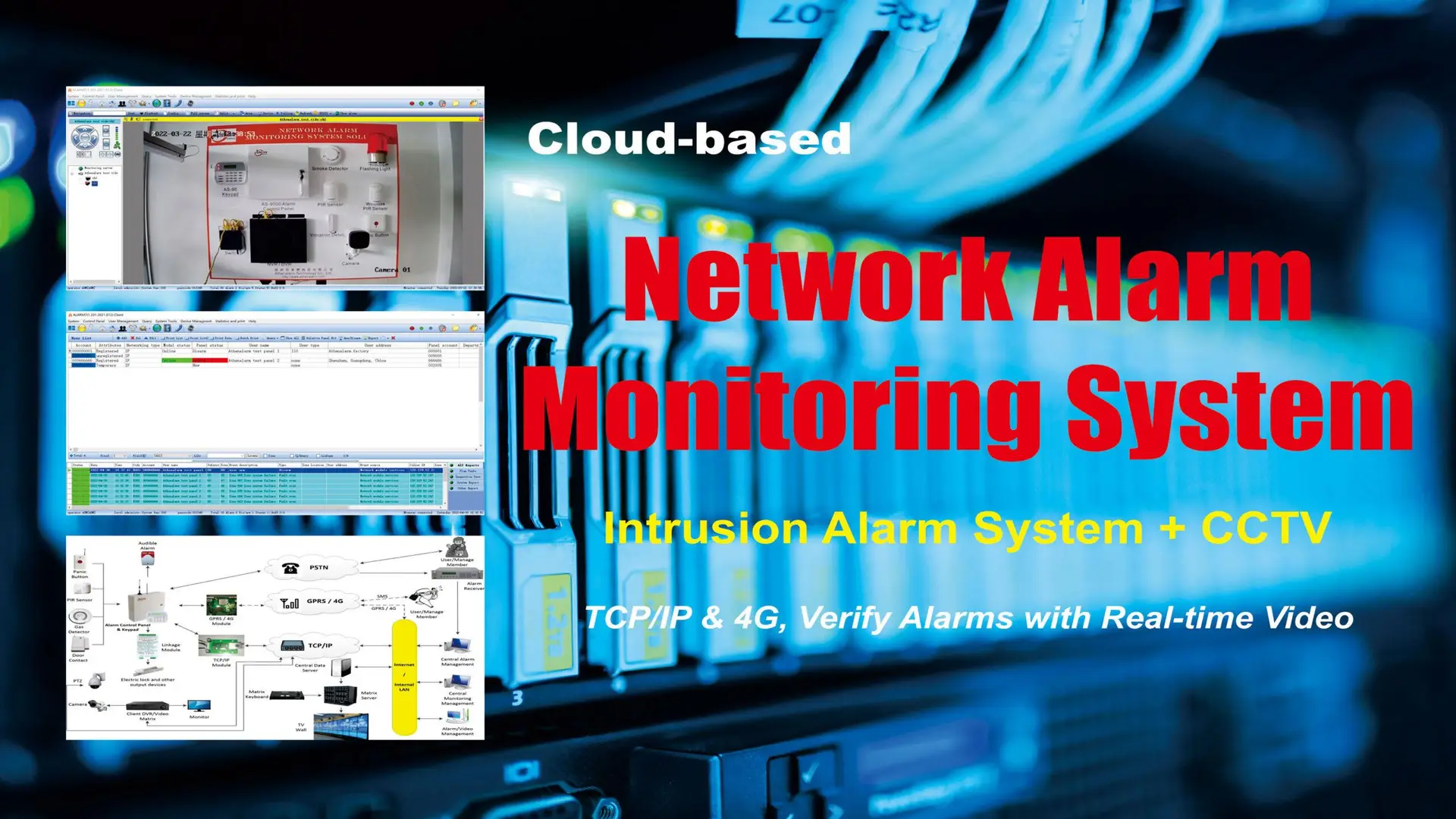



Protecting Retail Spaces: The Importance of Personalized Activated Security Notifications
Retail security has undergone a significant transformation in response to increasing incidents of theft, unauthorized access, and emergency situations. Traditional alarm systems, which rely on generic sirens and flashing lights, often fail to provide immediate, context-specific responses to security threats.
Personalized Activated Security Notifications (PASNs) revolutionize retail security by delivering real-time, customizable voice alerts that deter potential criminals, improve operational efficiency, and enhance customer service. Unlike conventional alarm systems, PASNs allow retailers to broadcast tailored messages triggered by motion sensors, surveillance cameras, or security personnel.
This article explores the role of PASNs in securing retail environments, detailing their key benefits, practical implementation, legal considerations, and real-world applications to help retailers optimize security and operational efficiency.
1. Understanding Personalized Activated Security Notifications
Personalized Activated Security Notifications (PASNs) are advanced security solutions that integrate motion-activated voice reminders with customizable messages. These systems extend beyond traditional alarms by allowing retailers to pre-record or broadcast real-time messages specific to various security scenarios.
One of the most cutting-edge PASN devices is the Two-Way Customizable Activated Sound Speaker by Athenalarm, which provides:
- Automated and manually triggered voice alerts
- Integration with motion detectors, access control systems, and CCTV
- Real-time or pre-recorded audio messages tailored to security needs
By implementing PASNs, retailers can proactively manage security threats, enhance customer experience, and maintain better control over store operations.
2. How PASNs Outperform Traditional Alarms
| Feature | Traditional Alarms | Personalized Activated Security Notifications (PASNs) |
| Alert Type | Generic sirens & lights | Customizable voice alerts |
| Targeted Messaging | No | Yes (scenario-specific) |
| Customer Engagement | No | Yes (welcoming & informative messages) |
| Crime Prevention | Passive deterrence | Active deterrence |
| Operational Assistance | No | Yes (staff alerts & inventory tracking) |
Unlike passive alarm systems, PASNs take an active role in preventing security incidents by delivering real-time deterrent messages in a clear and authoritative voice.
3. Key Benefits of PASNs in Retail Security
(1) Theft Prevention and Crime Deterrence
- Immediate verbal warnings deter shoplifters before they act.
- Example Alert: “Attention: Security cameras are monitoring this area. Suspicious activity will be reported.”
- Psychological impact: Direct voice messages create a heightened sense of surveillance, discouraging theft.
(2) Enhanced Customer Service and Engagement
- Personalized greetings and directional guidance improve customer experience.
- Example Alert: “Welcome to our store! Visit Aisle 3 for today’s special discounts.”
- Encourage sales and promotions through targeted messaging.
(3) Emergency Response and Crisis Management
- Automated evacuation instructions during fires, security threats, or medical emergencies.
- Example Alert: “Fire detected! Please proceed to the nearest exit immediately.”
- Integration with fire alarms ensures a rapid response.
(4) Controlled Access to Restricted Areas
- Prevent unauthorized access to staff-only zones and storage areas.
- Example Alert: “Employees only beyond this point. Please seek assistance at the front desk.”
(5) Operational Efficiency and Inventory Management
- Reduce internal shrinkage by monitoring stockroom activities.
- Example Alert: “Stockroom door opened. Ensure proper documentation is completed.”
4. Best Practices for Effective PASN Voice Alerts
For maximum impact, PASN messages should be:
- Clear and concise – Avoid long, confusing messages.
- Authoritative yet professional – Maintain a firm but friendly tone.
- Scenario-specific – Ensure alerts directly address security or operational concerns.
- Optimized for volume – Alerts should be loud enough to be effective but not disruptive.
- Varied and non-repetitive – Prevent desensitization by adjusting messaging periodically.
5. Step-by-Step Implementation of PASNs
Step 1: Identify High-Risk Areas
- Assess security hotspots: entrances, exits, high-value merchandise areas, self-checkout stations.
Step 2: Select the Right PASN Device
- Choose motion-activated and remotely programmable PASN systems (e.g., Athena Alarm’s Two-Way Customizable Activated Sound Speaker).
Step 3: Customize Security Notifications
- Develop scenario-specific messages for theft prevention, customer assistance, and emergency response.
Step 4: Install and Integrate PASNs with Security Systems
- Mount PASNs at strategic locations.
- Sync with CCTV, access control systems, and intrusion alarms for automated activation.
Step 5: Test, Optimize, and Adjust
- Conduct sound level tests and fine-tune sensor sensitivity to minimize false triggers.
Step 6: Train Staff on PASN Usage
- Educate employees on system functionalities, manual overrides, and message updates.
6. Legal and Compliance Considerations
When deploying PASNs, retailers must comply with:
- Privacy Regulations – Ensure compliance with data protection laws.
- Accessibility Standards – Provide clear, understandable messaging, including for the hearing impaired.
- Local Sound Ordinances – Some areas may restrict automated public announcements.
7. Real-World Applications of PASNs in Retail
(1) Supermarkets & Grocery Stores
- Prevent self-checkout fraud: “Please scan all items before payment.”
- Direct customers to promotional areas: “Check out today’s discounts in Aisle 5!”
(2) Electronics & High-Value Retail Stores
- Warn potential thieves: “Security monitoring is active in this section.”
- Notify staff of customer interest in locked display cases.
(3) Pharmacies & Healthcare Retailers
- Restrict access to controlled substances: “Pharmacy staff only beyond this point.”
- Remind customers about prescription pickups.
(4) Fashion & Apparel Stores
- Prevent fitting room theft: “Please return all items after trying.”
- Promote loyalty programs and in-store deals.
8. Conclusion
Personalized Activated Security Notifications (PASNs) redefine modern retail security by merging proactive deterrence, customer engagement, and operational efficiency. Unlike traditional alarm systems, PASNs provide targeted, real-time voice alerts that not only deter crime but also create a safer, more efficient shopping environment.
As retail security continues to evolve, businesses that implement PASNs will gain a competitive edge in loss prevention, customer satisfaction, and overall store management.
